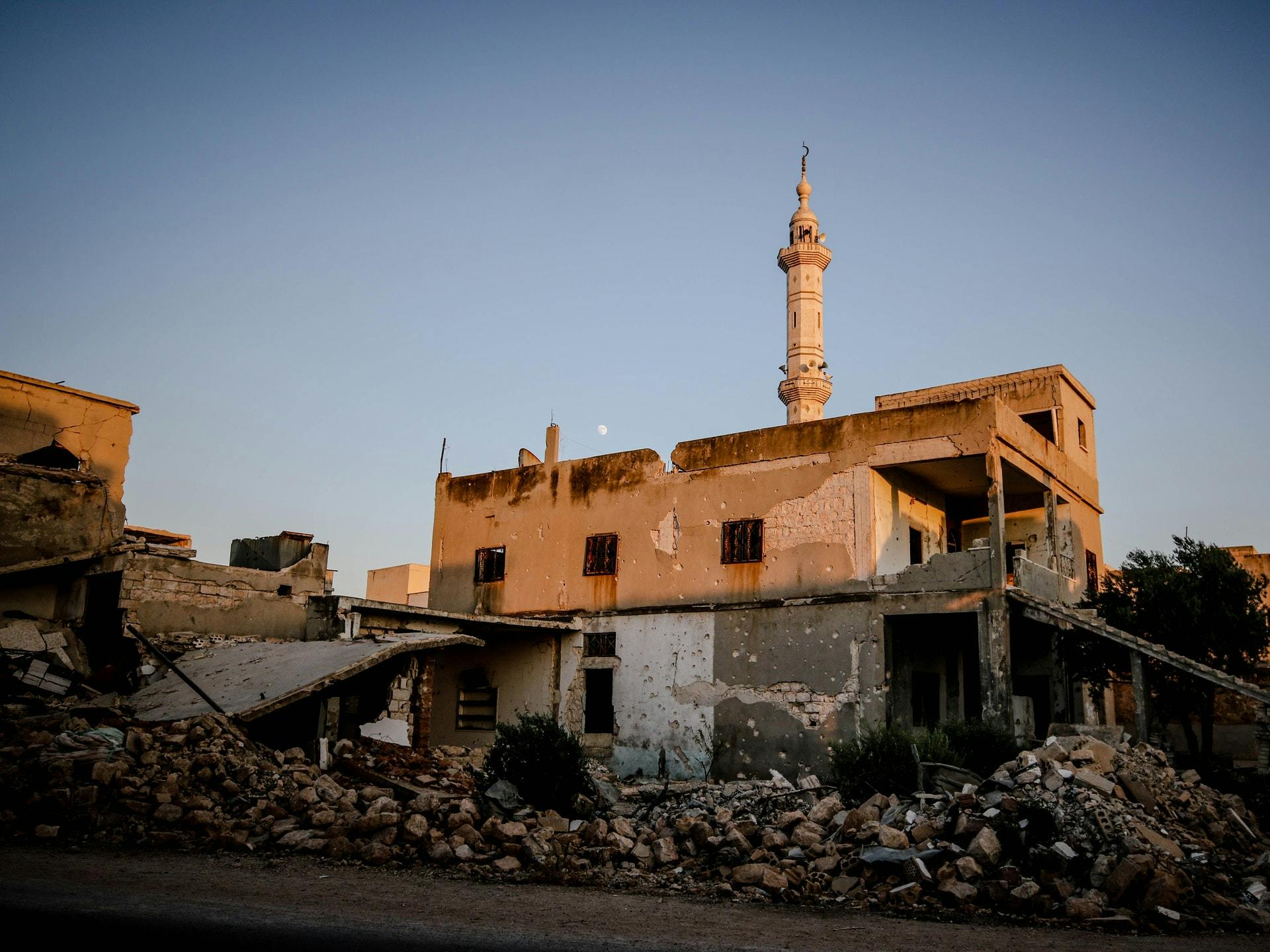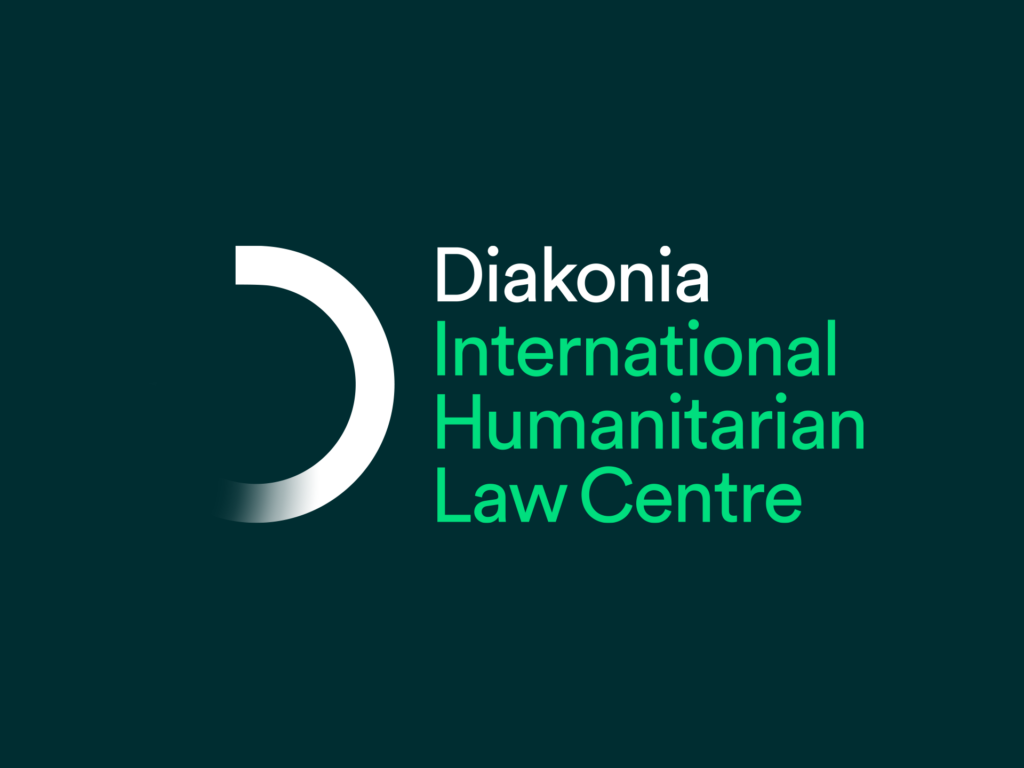
Brussels pledges must make Syrians' unwavering hope reality
11 May 2022The Diakonia International Humanitarian Law Centre welcomes the strong signal emerging from the VI Brussels Conference of donors to support the future of Syria. The international community pledged €6.4 billion in grants for Syria and host countries. While this is a positive indication, there is an urgent need for the pledges to be fully disbursed, unlike in the past when at times the disbursement rate did not exceed 50 per cent.
After 11 years of conflict, 90 per cent of the population in Syria is living in poverty. The already dire food security situation is at risk of further deterioration due to the conflict in Ukraine. Despite this bleak picture, during the Brussels Conference the voice of Syrian civil society, of survivors and families of missing persons stood out with exemplary dignity and strength. ‘Families never lose hope unlike other individuals’, said one of the victims.
We congratulate the Syrian associations representing victims and families of missing persons for their success in gaining the open support of key international bodies, and ensuring that the establishment of a mechanism for registering and locating missing persons is now of priority for the international political community.
The EU’s High Representative for Foreign Affairs and Security Policy and Vice-President of the Commission, Josep Borrell, recognised that the international community “should do more to uncover the truth about the missing persons”. In the face of the determination, courage and unwavering hope expressed by the survivors and families of missing persons, this commitment must be urgently translated into action as the life of some of those who are still unaccounted for could be saved by this international humanitarian mechanism.
This would mean investing the necessary political capital to advance its establishment and providing the necessary financial support, in particular to address the acute humanitarian needs of the families and victims for them to be able to continue being the driving force, and shaping this mechanism. They have the right to know, to regain control of their future and to leave this limbo of anguish in which their life is suspended due to the lack of information on the whereabouts and fate of their loved ones.
With the large majority of those missing being men, Syrian women are left with incredible burdens: they are the breadwinners, first responders and humanitarian agents, all of this while having to fend off the violence and intimidation of the pervasive patriarchal system that is a further obstacle in their search for their loved ones. The international community’s support to Syrian women and female leadership in civil society must be unprecedented as this is a precondition to create a meaningful and sustainable path to political transition and peace, based on inclusion, justice and accountability.
The Diakonia International Humanitarian Law Centre reiterates its call to the international community to live up to its pledges and commitments to the future and dignity of Syrians, starting with alleviating the dire humanitarian needs stemming from the conflict and supporting Syrian families, in particular those seeking the truth and justice for the over 100,000 individuals who still remain unaccounted for.






